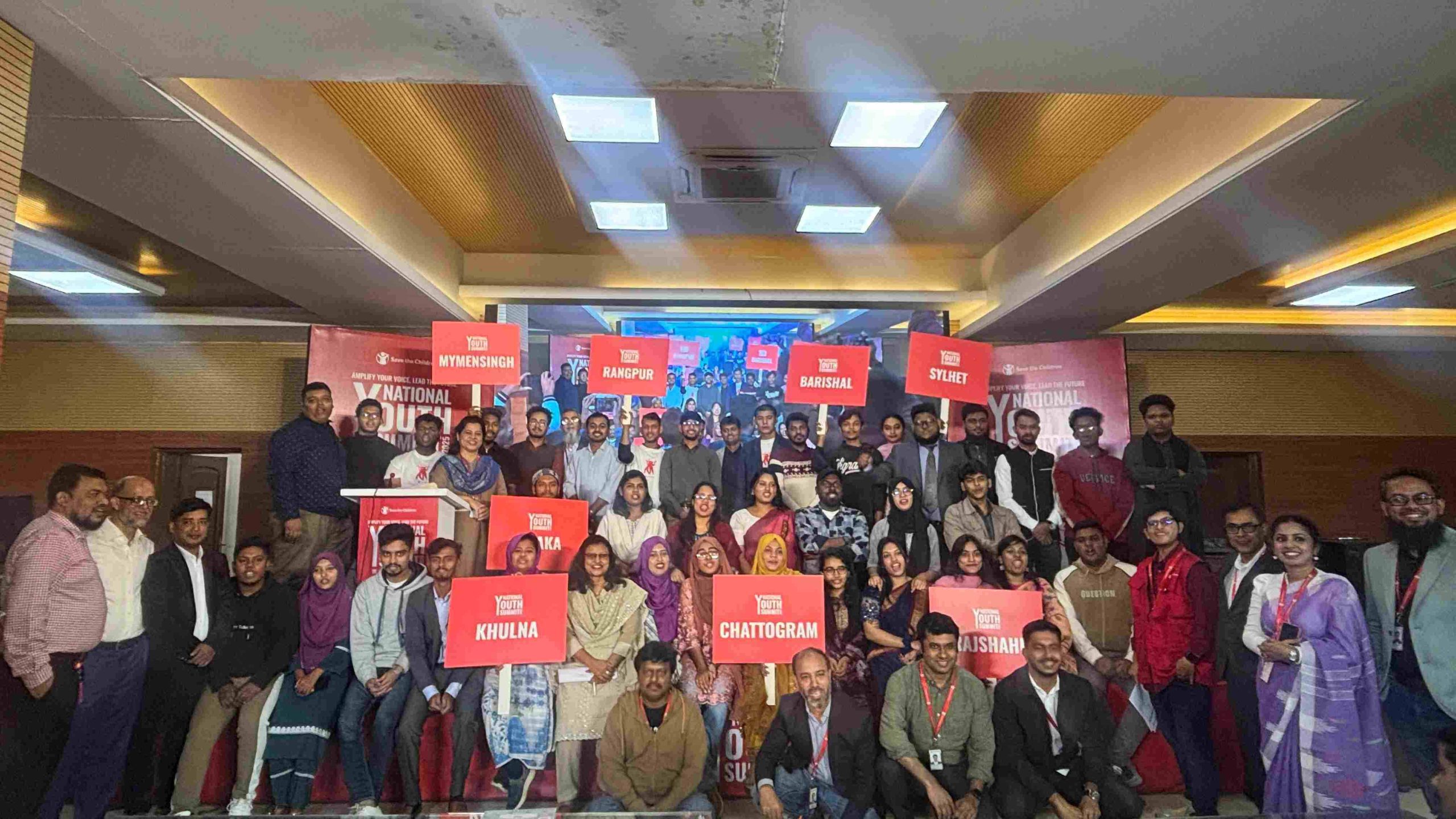Insurance, as a key safety net of business activities, is yet to be a national culture despite rising promises of growth of the vital industry
By Fakhrul Islam Harun
Insurance provides members of a society or businesses, if they are covered under designated schemes, space or protection to make up for losses they incur due to a variety of accidents. In a growing economy like Bangladesh, individuals and business entities need this coverage more than the entrepreneurs in developed economies do, to overcome unforeseen losses. While supporting others as contingencies, insurance itself can be utilised as a healthy, profitable business for both companies and their clients.
Unfortunately, Bangladesh has not been able as of yet to develop and cash in on the high potential of the insurance sector, one of three key components of any economy that covers all people irrespective of their economic status to build a welfare society. Banking sector, as a major one, has already integrated the entire economy, especially its formal and monetised portion, while the stock market, too, is being widely discussed as a sector which provides alternative source of funding industrial projects.
No doubt, insurance has the potential to become as the next best emerging sector, given the size of population, growth of business and the economy and increasing awareness about covering risks of economic activities. The sector itself can contribute to higher growth, success of entrepreneurs and generation of jobs, apart from their contribution to the growth of other sectors and industries.
In view of the people’s awareness and needs for expansion of business activities, interest in insurance is on the rise at present. The government has stepped up on monitoring and in regulation of the sector, as a result of which the Insurance Development and Regulatory Authority (IDRA) has been constituted. There are two other public institutions namely Sadharan Bima (General Insurance) Corporation and Jibon Bima (Life Insurance) Corporation. An insurance training academy called Bangladesh Insurance Academy also exists. The number of insurance companies in the private sector stands at 75 of which 46 are general insurance companies and 29 life insurance companies.
However, their collective contribution to the gross domestic product (GDP) is less than 1% and life and non-life insurance companies are paying a meager amount of tax worth Tk. 300 crore a year. According to a global insurance premium benchmark, Bangladesh ranks at 75, neighbouring India is ranked at 11th, where India’s insurance sector contributes 5.1% to the GDP. There’s no clear reason why the insurance sector was so overlooked despite its vital role in economic development of any country.
Regrettably, the absence of regulation in the sector once left a state of lawlessness and anarchy where the clients used to show a lack of confidence in companies. As a requisite for economic advancement, especially growth of businesses, this sector should have been taken care of properly. It would be an almost impossible task to find 77 managing directors for 77 insurance companies in the country – a state which shows lack of trained manpower required in the sector.
The state of life insurance
The latest annual premium revenue of insurance companies rose to Tk. 10,000 crore, an amount which was much lower in 2006 at Tk. 3309 crore and Tk. 8655 crore in 2011. But there is still no diversity in the policies. Only Metlife Alico goes around and tries to insure people.
There have been allegations of unwilling or reluctance of companies to pay after closure of insurance tenures. Before 2011, there was no regulatory body to look after the sector and facilitate clients to lodge complaints. Now IDRA is at least there to address relevant issues.
Bangladesh Insurance Association’s (BIA) president Sheikh Kabir Hossain said, ‘There is no diversity in our insurance industry. It is regrettable that other than fire, marine and motor insurances, anything else is hardly covered by insurance scheme. The building in which I am sitting and speaking currently, should have been covered under insurance policy as well.’
He pointed out that in other countries there are insurance schemes for health, agricultural produces and various other products. ‘The government should have made some insurance policies mandatory – for the sake of people’s security, not only for the security of insurance companies. ‘According to Sohrab Uddin, Chairman of Jibon Bima Corporation, 80% of the insurance policies have gone past their date of expiry. ‘If we cannot get out of this stagnation, the future for this sector is not at all bright.’
Shibly Rubaiyatul Islam, Chairman at Dhaka University’s Banking and Insurance Department, suggested introduction of new and diverse insurance policies targeting the middle and lower-middle income people.
State of general insurance
Sadharan bima or general insurance businesses are still limited to incidents related to sea-going vessels and fire securities. The insurance policies are required mainly to access bank loans. This was made applicable two decades ago and still the benefits are being reaped currently. If the real estate assets and projects can be incorporated as well, it would bring immense revenues.
MA Mannan, State Minister for Finance and Planning, lamented on the state of inactivity in the insurance sector. He attributed the stagnation to lack of experience and knowledge in this field, not that this is something intentional.
Allegations have it that owner of some insurance companies, who run other businesses, too, and insure the sister concerns in their own companies. In case of any incidents, the payment is delayed and never realised. Experts said such practice created lack of a healthy culture and credibility of the companies.
However, an official order was issued in this regard by IDRA imposing certain restriction in insuring companies owned by entrepreneurs/directors of insurance companies. The decision was taken to restructure the insurance industry in the long run, and also in the greater interests of insurance clients (policy holders, shareholders and so on).
The directors, their spouses, children, parents/guardians, siblings or any other dependents are no more allowed to insure in their names and in their own companies.
IDRA initiatives
The IDRA sent a letter in October 2011 to all the certified insurance companies asking them to know whether anybody violated the IDRA’s rule or not, or whether any bank/financial institution’s director was also an insurance company’s director or not. It was said that the step was being taken to bring order and transparency into the insurance sector.
Even though some people had initially resisted the IDRA’s move, it was broadly welcomed by the ones who wanted to see growth of the sector. Legal provision was made to stop an individual from being owner of both a bank and an insurance company. The finance minister, AMA Muhith, was in favour of this provision in order to avoid conflict of interests and distribute equitable opportunities. The government formed the IDRA, the first of its kind in the country, to bring changes in the insurance sector.
‘We want to bring improvement and take the sector to a respectable position, of reputable image,’ said M Shefaque Ahmed, the head of IDRA whose appointment will remain valid until 2017. He expressed optimism that the public administration ministry has approved an IDRA organogram of 195 officers and employees. ‘Once we hire the manpower, we will get down to more serious business,’ he added.
Translated from Bangla by Wafiur Rahman















